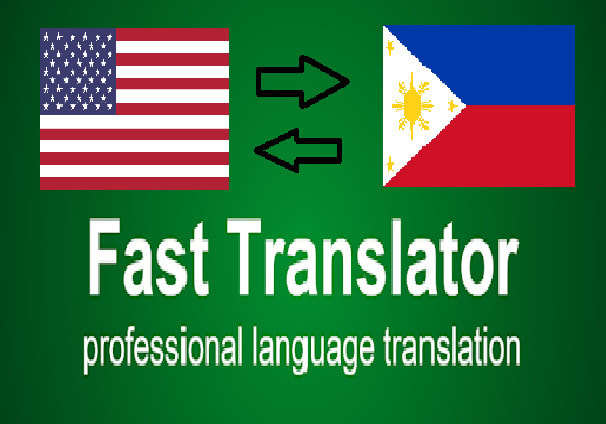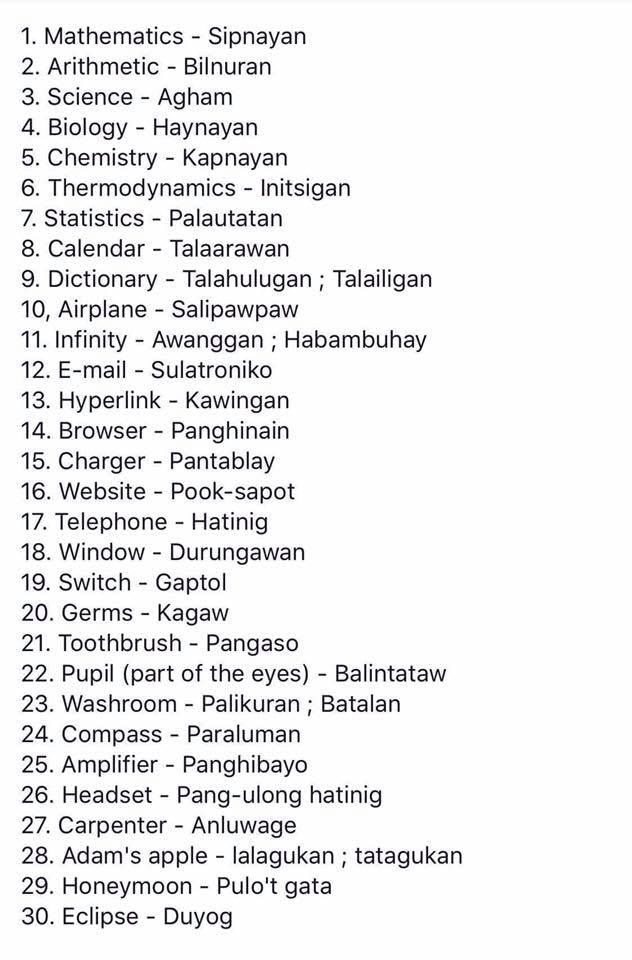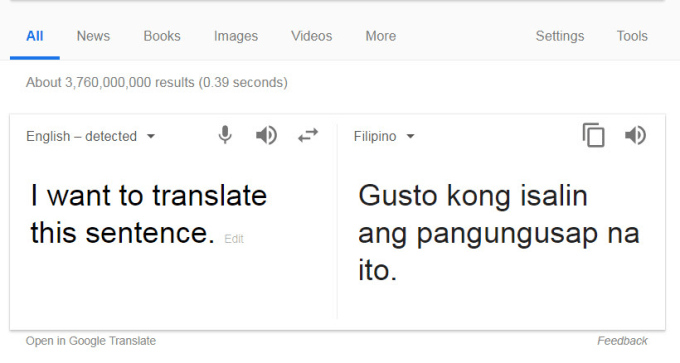
If you want to dig into the technical details, check out our Google AI blog post and research paper. And we’ll keep improving these models to deliver the same experience you’re used to with a Spanish or German translation, for example. While this technology is impressive, it isn't perfect. These are the first languages we’ve added using Zero-Shot Machine Translation, where a machine learning model only sees monolingual text - meaning, it learns to translate into another language without ever seeing an example. This is also a technical milestone for Google Translate. Twi, used by about 11 million people in Ghana.



Tsonga, used by about seven million people in Eswatini, Mozambique, South Africa and Zimbabwe.Tigrinya, used by about eight million people in Eritrea and Ethiopia.Sepedi, used by about 14 million people in South Africa.Sanskrit, used by about 20,000 people in India.Quechua, used by about 10 million people in Peru, Bolivia, Ecuador and surrounding countries.Oromo, used by about 37 million people in Ethiopia and Kenya.Mizo, used by about 830,000 people in Northeast India.Meiteilon (Manipuri), used by about two million people in Northeast India.Maithili, used by about 34 million people in northern India.Luganda, used by about 20 million people in Uganda and Rwanda.Lingala, used by about 45 million people in the Democratic Republic of the Congo, Republic of the Congo, Central African Republic, Angola and the Republic of South Sudan.Kurdish (Sorani), used by about 15 million people in Iraq and Iran.Krio, used by about four million people in Sierra Leone.Konkani, used by about two million people in Central India.Ilocano, used by about 10 million people in northern Philippines.Guarani, used by about seven million people in Paraguay and Bolivia, Argentina and Brazil.



 0 kommentar(er)
0 kommentar(er)
